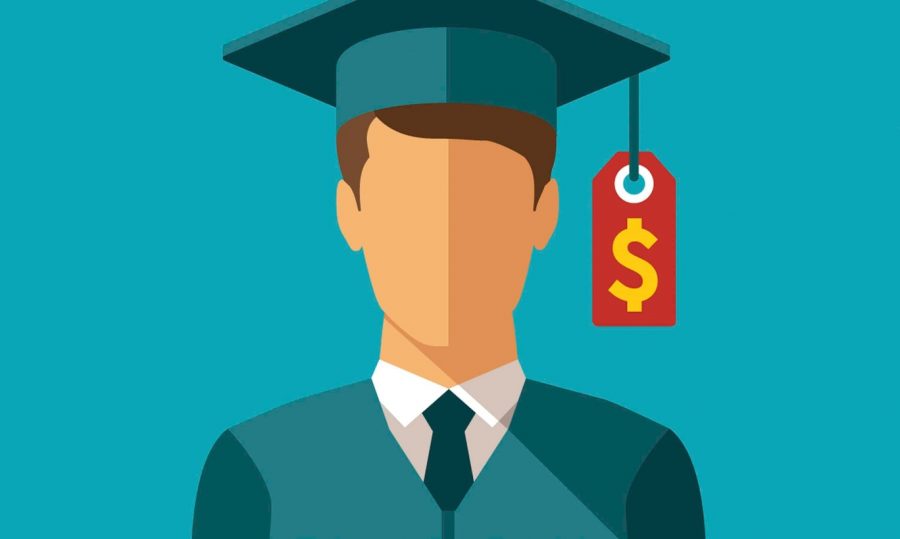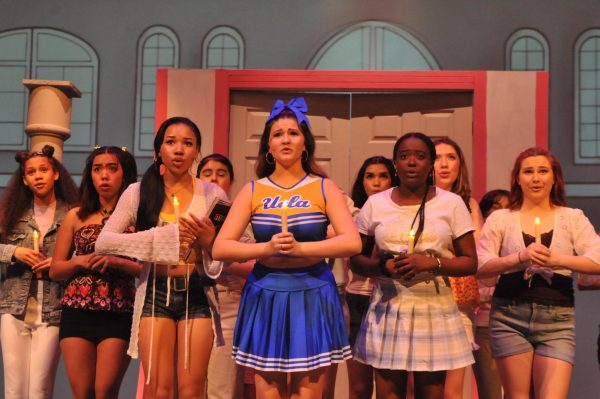The Cost of College
It’s to no one’s surprise that colleges carry a pretty hefty price tag. Although cost varies from school to school, many students will have to continue paying for their secondary education after graduation regardless of whether or not their school is cheaper than others.
Today’s prices are a lot higher compared to those of 2 decades ago. According to an infographic released by TakeLessons, the cost of college has grown by 63% over the 12-year period between 2008 and 2020.
With prices continuing to rise, 40% of students are having second thoughts on attending their dream school and to me, that is honestly the most upsetting part.
Some would argue that there are tons of free money opportunities out there to help with the cost of schooling, but sometimes even that is not even enough. Sure, there are scholarships and grants out there, but they only cover a small percentage of what has to be paid in the end. Most of the time, students have to reapply for these offers every single year, which is not only a hassle, but also a strain on the student’s stress.
The easiest and most common way to pay for college on the spot is through loans. Though seeming like an easy and simple thing to get ahold of, student loans can ultimately cause a student to pay more than what they bargained for.
An average student loan carries a chunk of interest of 5%, which adds onto the payment they have to make monthly. Because of the interest on the loan, many students are stuck in debt long after their farewell from the university.
⅔ of all college students graduate with a student loan debt attached to their name. Though the rates are high for students in debt, one average college student debt continues to amount to around $23,000.
At that rate, an average college student will have to give up a small percentage of their future income every month for the next couple of years. But, that is even assuming they attain a well-paying career after school, which is unlikely for some.
Of course those studying in a medical or scientific field have a higher chance of obtaining a high paying job, but those studying in the arts often will not have such an easy time searching. Majors like Art or Music are filled with select students that will choose to freelance their work or make strides to become big in the media world. Students like those will have a harder time paying off their student debt and will often have it hovering over them for life.
For that reason, many these days are choosing to attend a community college, or to not even end up going to college at all. I believe that continuing to invest yourself into education after high school is an important step in bettering your future, but with costs rising, especially in California where everything is already so expensive, I can see why many are debating the choice.
Many employers these days also require a degree to even be considered for a position. But how are you supposed to have a degree for a job if you don’t even have the money to pay for schooling?
If society and employers believe that a college educated student is better than an uneducated one, then prices need to become more lenient on those attending.















